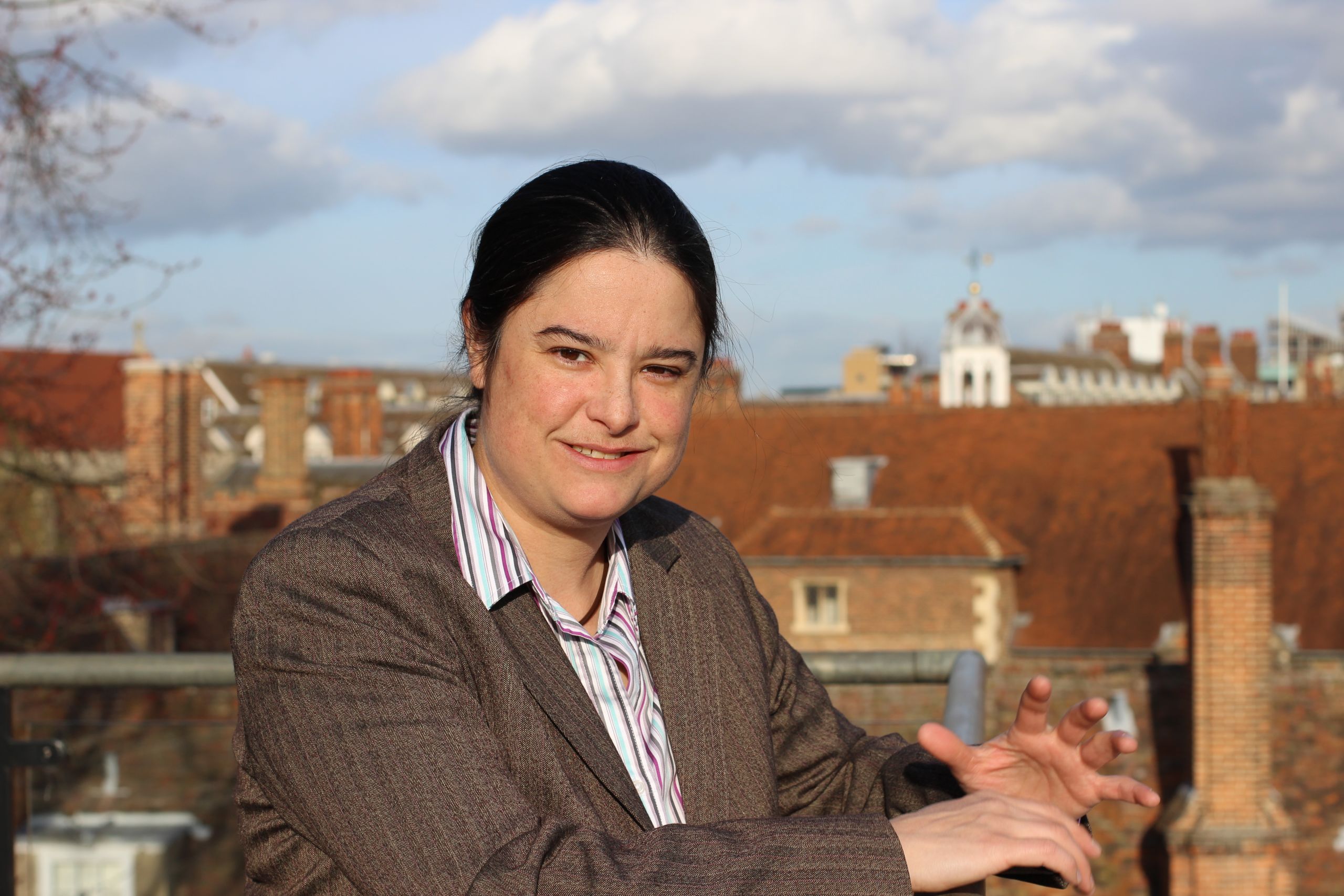National consortium co-led by
Professor Julia Gog will provide faster, more robust
COVID modelling

The JUNIPER consortium (‘Joint UNIversities Pandemic and Epidemiological Research’), co-led by Professor Julia Gog, David N. Moore Fellow in Mathematics at Queens’, is bringing together mathematical and statistical modellers from seven UK universities and has received £3 million in funding from UK Research and Innovation (UKRI).
JUNIPER is developing and using customised models to provide predictions and estimates on key questions about the COVID-19 pandemic. These results feed regularly into SPI-M, the modelling group that provides evidence to the Scientific Advisory Group for Emergencies (SAGE) and the wider UK government.
Examples of modelling JUNIPER provides to government includes:
- Understanding how new variants are spreading across the UK and developing statistical models to determine whether new variants are causing more hospitalisations or deaths.
- Forecasting and providing real-time estimates of the R-value, using data from sources such as Pillar 1 and 2 testing, hospital data and mobility data. They are currently providing eight of 12 models contributing real-time R estimates that go from SPI-M to SAGE each week.
- Modelling the effectiveness of different testing strategies on virus transmission and suppression, and modelling the effect of vaccinations and predicting outcomes from different scenarios of how to ease lockdown restrictions.
Professor Julia Gog said:
“By bringing research groups together from our seven universities we can provide predictions and estimates about the pandemic to address questions from the government with unprecedented speed. By combining the right expertise together swiftly across research teams we can now respond to questions in less than 24 hours, which might have taken a week for one team working alone. And further, being able to call upon specialist expertise combinations across multiple research groups means we can provide more robust outputs.
In this unprecedented pandemic, modelling has been hugely important to provide evidence-based predictions and estimates at great speed. Our insights from transmission modelling are fully integrated with scientific evidence from other disciplines and feed into government decision-making."
The consortium is funded as part of UKRI’s COVID-19 Agile Call, which has so far invested more than £150M in over 400 projects to address the impacts of the COVID-19 pandemic.
Professor Charlotte Deane, COVID-19 Response Director at UKRI, said:
“This consortium enables disease modellers to pool their expertise nationally to increase the scale, speed and quality of their models of policy options and predictions for the pandemic. They’ll provide cutting-edge evidence about the pandemic into the UK government’s decision-making."
The consortium will also proactively generate new model-based predictions and develop the necessary methodology as part of a horizon-scanning process.
The consortium plan to make their models open-source, so scientists worldwide can access them and benefit.
The seven universities involved in JUNIPER are Cambridge, Warwick, Exeter, Oxford, Bristol, Manchester and Lancaster Universities.
They will work closely with other organisations and research teams active on COVID-19 research including the Alan Turing Institute, the Royal Statistical Society, Health Data Research UK, Public Health England, the Royal Society’s ‘RAMP’ initiative, and the Isaac Newton Institute for Mathematical Sciences.
Read more on the University of Cambridge website.
